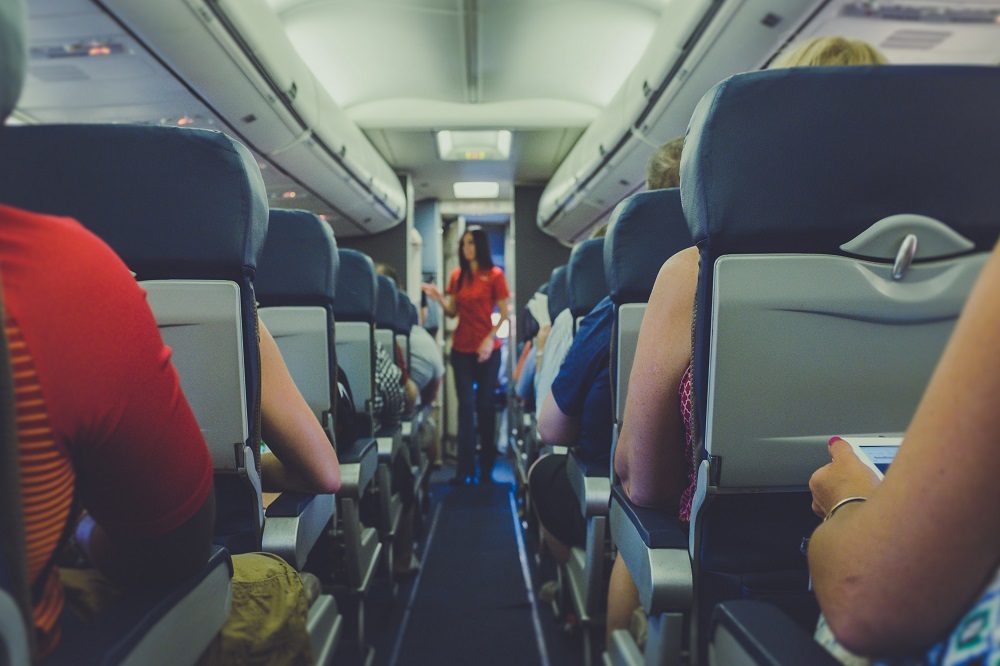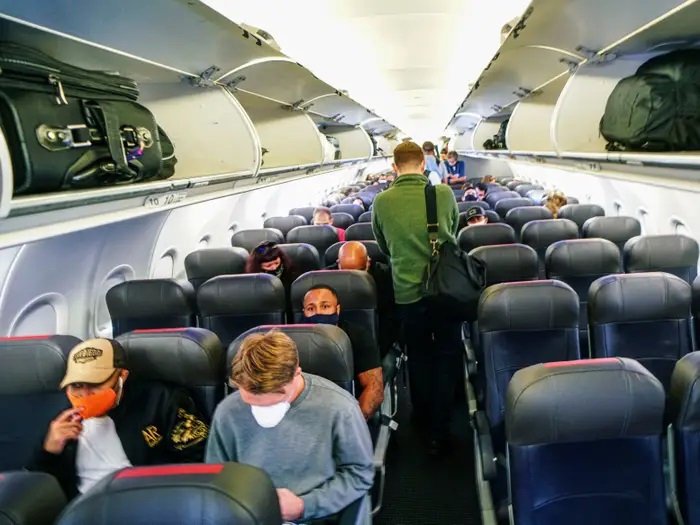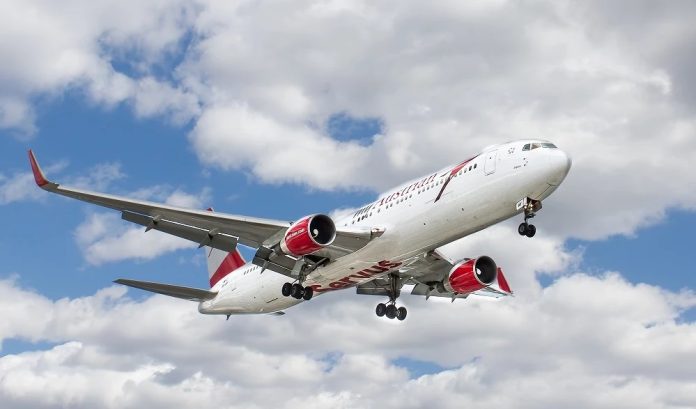- As you are aware, any services in the market are not only expected to serve the paying public satisfactorily but also ensure that the assurance so provided is met on expected lines. Thus, the service industry is mandated to ensure the paying public is not placed in an extremely distressing situation for lack of adhering to their stated responsibilities. Of course, transportation of any means also comes under services including the airways. Now, we know how the aviation industry has been on a roll over the last few years with even the general public opting for the mode courtesy of affordable pricing as well as increased spending power.

PC: CCW Digital
- Since more people are opting for the fastest means of travel, the aviation industry must be geared up to meet the expected demands. Indeed, India’s commercial airlines hit a jackpot over the weekend, thanks to the cricket World Cup final in Ahmedabad. As reported, a one-way ticket from Bengaluru to Ahmedabad was five times pricey and sold for over Rs. 30,000. Agreed, aviation authorities are legally required to allow market forces full play and India sensibly sticks to free pricing. But while airlines should make money from customers if they are willing to pay, they must also keep their side of the bargain with paying customers as well.
- Sadly, that’s not what happened on a Sunday at Bengaluru airport. An IndiGo evening flight from Amritsar to Chennai had a scheduled stopover in Bengaluru that had eight passengers as part of the last leg to Chennai. Inexplicably, the airline reportedly got them to disembark and put them on a flight to Chennai only the next morning. The airline explained that the delay in the incoming flight led to passengers missing the connecting flight. But what about the paying passengers then? Aren’t there contractual obligations on the part of airlines? DGCA needs to ask these relevant questions. And if DGCA doesn’t raise a red flag, the civil aviation ministry should.

PC: Business Insider
- Mind you, DGCA’s mandate includes the protection of customers. Rules say there must be compensation if airlines let customers down. It’s only in the case of force majeure, or extraordinary circumstances, that airlines can escape these requirements. Also, civil aviation is a licensed business. Thus, along with a license comes the obligation to stick to schedules. Know that DGCA approves two schedules in a year, summer and winter, based on what airlines apply for. After getting approvals and selling tickets, no regulated airline should be allowed to arbitrarily change its schedule. Let’s also note that India’s passenger airline market is now effectively a duopoly, a big and growing customer base mostly divided between Tatas’ airlines and IndiGo.
- This gives airlines pricing power. However, airlines use this market power to take customers for a ride, or not for a ride, as was the case in Bengaluru. The eight passengers deboarded by IndiGo seemingly had no recourse, suggesting regulatory failure at some deep level. It is incumbent that DGCA publicizes passenger rights more widely and smartly than it is doing right now. Also, it must not allow airlines to get away with shabby treatment of paying customers. Hope the authorities crack the whip in the instant case to set a precedent.






